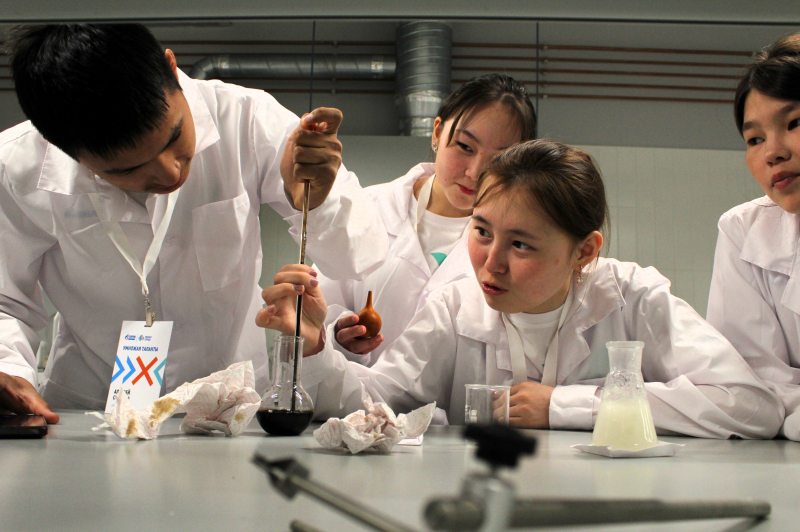The labor market is changing rapidly – a fact noted even by authors of The Future of Jobs Report 2023, an annual publication of the World Economic Forum. The report, too, emphasizes the importance of soft skills among employees. In Russia, research on the "needs" of employers and young professionals is conducted irregularly and only by large corporations. Yulia Romanenko, Maria Stepanova and Nadezhda Maksimenko, lecturers at ITMO’s Institute of International Development and Partnership, have conducted a study to analyze the general state of the Russian labor market and improve the quality of training in soft skills.
Their work was done in three stages. First, the researchers conducted an analysis of scientific papers on the subject published within the past decade, as well as of 67,000 job listings published on hh.ru (a Russian job-hunting online service – Ed.) that would be relevant to ITMO students. Working together with the university’s Rankings Research Center, the authors of the study drew up two questionnaires: one for students with work experience and another – for representatives of ITMO’s partner companies Yandex, BIOCAD, and Gazprom Neft. The surveys were conducted asynchronously and the in-depth interviews were held in person. All in all, 822 individuals were surveyed, including 23 students and 20 business representatives who took part in in-depth interviews.
“Students and employers prioritize different soft skills. The former often talk about the value of leadership skills, while the latter believe it’s important to be a team player. Company employees note that with each year, teamwork becomes more and more prevalent. At the same time, teams are made up of specialists from different fields; for example, IT, medicine, and advertising. These are people with different modes of thinking who speak different professional languages. For that reason, they often find it difficult to communicate with one another so that their goals can be achieved quickly and properly,” explains Yulia Romanenko, one of the authors of the study and a lecturer at ITMO’s Institute of International Development and Partnership.

Yulia Romanenko. Photo courtesy of the subject
Other skills that business representatives have deemed crucial for young specialists include: critical thinking and argumentation, the ability to learn and work with data, negotiation and public speaking skills, as well as knowing how to manage emotions, especially in high-stress situations.
One of the problems identified in the relationship between newcomers and employers is the difference in their very understanding of what “soft skills” means. During in-depth interviews, it was found that leadership qualities, which were given top priority by students, are important for employers, as well. However, according to most of them, these are actually part of teamwork skills and therefore aren’t usually included in job listings separately. That’s why young specialists must learn to properly communicate with interviewers in order to clarify what the employer expects from them.
The researchers also noted the need for students to complete courses in English and in the asynchronous format. More and more students are now choosing to study online on their own. In addition, respondents claimed that they are drawn the most to micromodular systems, in which a student can “assemble” their own program out of individual courses based on their personal priorities.
Soft skills subjects have been a part of ITMO University’s curriculum since 2018. The results of this study, too, have been applied towards improving these courses. Thus, students can now upgrade their teamwork skills as part of the courses Working in Remote Teams, Modern Business Communications, and Conflict Management. In addition, the team has adjusted their teaching methodology by adding more teamwork so that each student can try on the role of a facilitator. The list of courses has also been expanded with subjects such as Stress Management and Burnout Prevention, Self-Presentation and Pitching, Career Management, and Strategies for Effective Negotiations with Employers. Most of them are now available in English, as well. Starting this fall, students at ITMO will be able to assemble their learning path out of the courses that best suit their interests.







